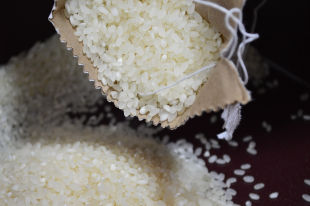
Session 1
Trends in organic rice production - Japan, South Korea, Thailand and France
Organic production is expanding worldwide. However, only a few countries experience the same growth and development due to differences in regional market size and national governments' set targets. In recent years, organic rice production has been growing in Europe, the U.S., and some Asian countries. For further promotion and expansion, it is necessary to determine and evaluate the growth and development triggers and disrupters in organic rice production and consumption and clarify reasons for the similarities and differences among countries and regions. In this session, we expect a wide range of reports and discussions on the international situation, national and local government policies and regulations, and the issues for further promotion of organic rice production and consumption. For the future of organic rice, we encourage networking and proactive discussions from the socio-economic and political perspectives.
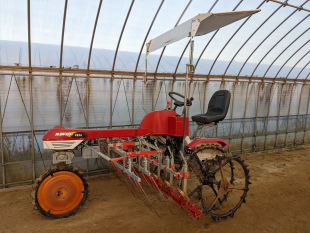
Session 2
Organic rice production: cropping and farming system
Organic rice farming has been continuously growing in the last three decades and has discovered much scientific evidence and innovations regarding organic rice farming practices to improve the yield responses, material inputs, labor requirements, and environmental sustainability. This session will be discussing the recent cutting-edge of the development of organic rice production systems from the viewpoint of field scale approaches to maximize the agroecological intensifications and to create a smart organic system. This session also encourages the sharing of knowledge and experience between farmers and scientists.
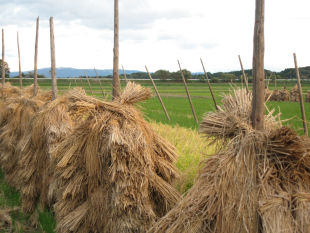
Session 3
Practices and participative research for development
Organic rice does not use chemical fertilizers or pesticides; it is produced by preparing the soil and making good use of the roles of various ecosystems. What are the quality characteristics of organically-grown rice produced regarding nutritional content, safety, palatability, and other various functionalities? Furthermore, how can such quality characteristics be obtained? Moreover, what kind of processed products can be produced from organic rice by taking advantage of these quality characteristics?
This session aims to bring together various knowledge related to the quality of organic rice and leverage it for future practice and research.
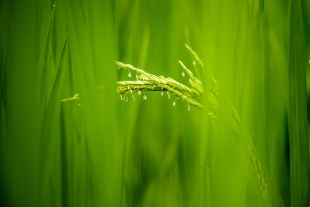
Session 4
Agro-ecosystem, biodiversity, landscape
In rural areas, organic rice farming is gaining attention for improving biodiversity through conserving and regenerating rare species and controlling pests and diseases in rice cultivation.
Traditional rice farming in Japan strongly connects with satoyama, such as obtaining organic resources from surrounding grasslands and forests. Organic rice farming utilizes local resources that use the blessings (ecosystem services) from these satoyama areas, the regeneration of the accompanying rural culture, and the formation of traditional satoyama landscapes. Furthermore, resource-recycling and low-input organic rice farming on a regional basis are expected to reduce greenhouse gas emissions and contribute to the mitigation of climate change. In this session, we encourage presentations and discussions about exemplary organic rice-based rural ecosystems, the latest findings on invasive alien species that have become a threat in recent years, and participatory research by farmers and citizens. We expect that farmers, citizens, and other stakeholders will have a more profound and mutual understanding of the functions and impacts of organic rice farming on ecosystem conservation at the regional level.
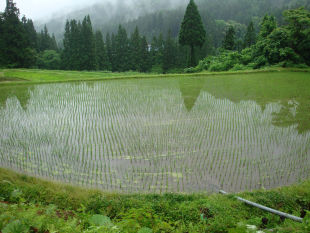
Session 5
Scale shift towards mainstream organic production
Facing the demand for an agroecological transition and more healthy products in agriculture, the prospect that organic farming could become the major agricultural production system in the near future has been the subject of large discussions among various scientific communities and groups of stakeholders. Strong debates have emerged about the many consequences of such a possible situation, mainly with the concern of the capacity of such farming systems to really feed the worldwide population. To assess if such a future is even desirable, two main set of questions arise: (i) is it technically, economically and socially feasible? To which conditions? (ii) if yes, what would be the consequences? Are all the impacts compatible with a more sustainable agriculture?
Even if the recent international crisis (pandemic, war) has changed the pre-existing dynamics in terms of extension of the organic agricultural sector, it is still relevant, with the aim to anticipate plausible futures, to study, from a scientific point of view, what are the issues, the levers and the consequences of a change of scale of organic production throughout the whole agri-food chain.
Round Table